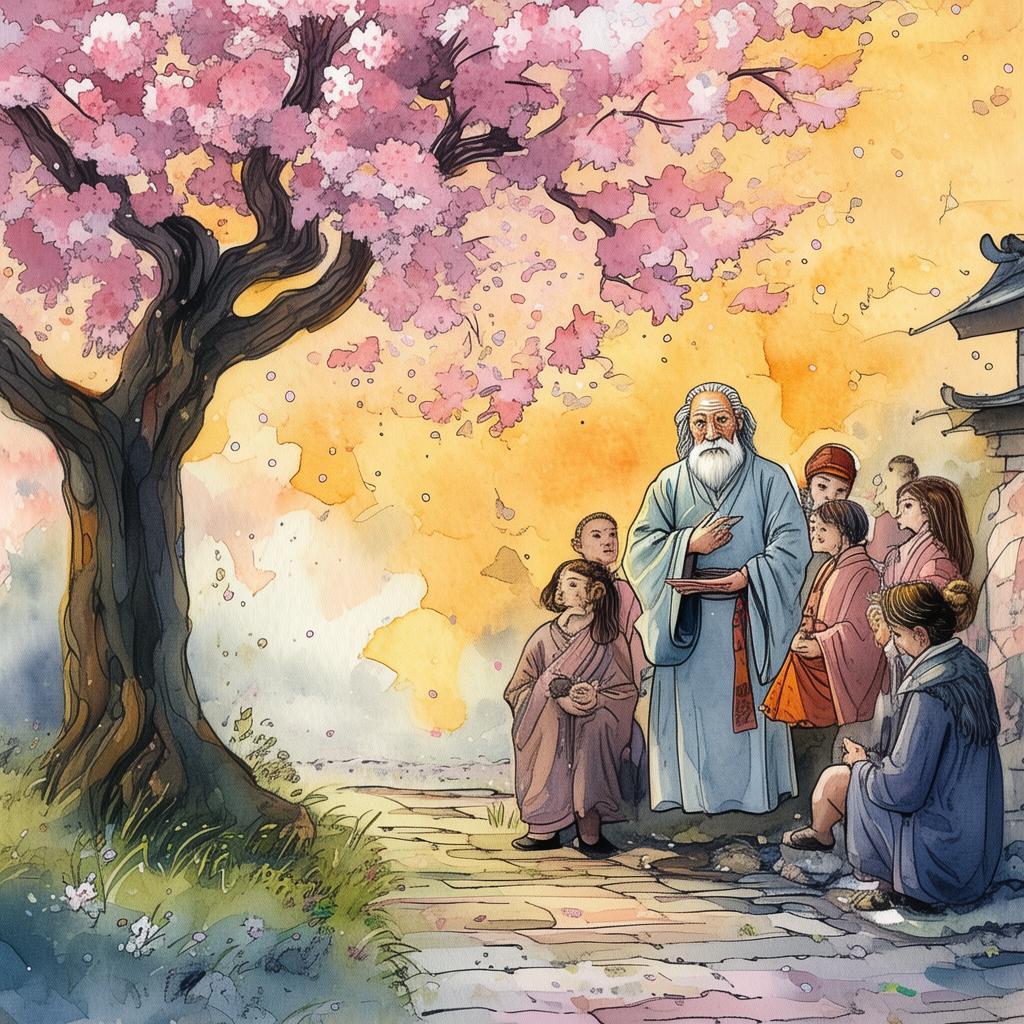The Spaceship's Last Hope: The Hero's Bravery and Perseverance
The hum of the space station was a constant, a background drone that had become as familiar to Dr. Wei as the sound of his own heartbeat. The International Space Station (ISS), orbiting at an altitude of 250 miles above Earth, was a marvel of human ingenuity. It was home to him and his fellow astronauts, a floating laboratory and sanctuary for the brave few who called it their temporary home.
The station's life support systems were intricate, a network of tubes and sensors that ensured the survival of the crew. But on this fateful day, those systems faltered, and the station began to spin wildly out of control. Panic rippled through the crew, as alarms blared and the air grew thick with the scent of fear.
Dr. Wei was among the first to act. His training, honed over years of simulations, took over as he springboarded from his work station and propelled himself towards the central command module. His fellow astronauts scattered, some seeking emergency suits, others seeking to stabilize the station's core systems.
In the chaos, the station's emergency protocols engaged, and a distress signal was broadcast to Earth. "We have an emergency," the commander's voice crackled through the station's speakers. "The ISS is losing control, and we need help. Now."
As Wei reached the central module, he found it in disarray. The core processors were failing, and the station was spiraling further out of control. His mind raced as he worked through the steps he'd practiced for years. He had to stabilize the station, and he had to do it quickly.
With every passing second, the ISS's trajectory was growing more perilous. Wei's training, however, had prepared him for just such an event. He knew the controls cold, every lever, every switch. But this was not a training exercise. The crew's lives, perhaps even the future of space exploration, hung in the balance.
Desperate, Wei's fingers flew across the console, inputs and commands being fired into the station's failing systems. The station's alarms grew louder, the cacophony of warnings blurring the edges of reality. He was losing the battle with time.
Then, a sudden flash of insight hit him. The emergency protocols were designed for a catastrophic event, not one caused by human error. There was a hidden override switch, a failsafe that no one had thought to mention during their training. He had to find it.
Ignoring the pain from the cramped conditions, Wei scrambled through the labyrinthine corridors of the ISS, seeking the elusive switch. Each step brought him closer to his goal, each turn more perilous as the station continued its death spiral. Finally, he found it—a small, unmarked lever, tucked away in a shadowy corner of the module.
With trembling hands, he activated it. There was a moment of silence, a moment of sheer terror as he wondered if it would work. But then, the alarms quieted, the station began to stabilize. Relief washed over him as he heard the soft hum of normalcy once more.
But Wei's work was not done. The crew needed to be warned, the station needed to be secured, and he had to find a way to communicate with Earth. He dashed back to the central module, his mind racing with the myriad of tasks he needed to complete.
As he reached the central control room, he found his fellow astronauts gathered, eyes wide with fear and disbelief. "It's stabilized," Wei said, his voice a mix of exhaustion and relief. "But we need to get to the escape pods and prepare to evacuate."
The crew moved quickly, the emergency protocols guiding their every move. But as they were securing themselves into the pods, another alarm shattered the quiet of the station. "Warning: oxygen levels dropping. Emergency backup systems have failed."
The crew gasped as they realized the full extent of their plight. They were out of time, and the oxygen would soon run out. Wei's mind raced again, seeking a solution. There was nothing else they could do, nothing but rely on their wits and courage.
He turned back to the central control room, his eyes scanning the console. He knew he had to do something drastic, something that could turn the tide of this desperate situation. Without hesitation, he pulled a lever that engaged the emergency thrusters. The station shuddered, the engines roaring to life as it propelled them away from the spinning ISS.
The crew felt the jolt as they were thrown against their restraints, their hearts pounding with the force of the engines. Wei looked up at the viewscreen, watching as the ISS continued to spin, now a distant speck against the blackness of space.
But then, the ISS's rotation began to slow. It was a slow process, but it was working. The emergency thrusters had corrected the station's trajectory. There was hope, a slim chance that they could stabilize it before the oxygen ran out.
Wei turned back to the crew, his face alight with a rare mixture of hope and determination. "We can do this. We just have to hold on a little longer."
The crew nodded, their eyes reflecting the same mixture of fear and resolve. They knew they had to believe, to trust in their commander's decision and the power of human perseverance.
Hours turned into days, and the ISS continued to stabilize. Wei and his crew lived in the thrusters' heat and the silence of the pods, their oxygen slowly depleting but their resolve unwavering. The station's systems slowly began to power up, the emergency backup systems finally engaging and providing the necessary air supply.
Finally, the station was stable. The crew could breathe, and they had time to repair the damage. Wei's courage and perseverance had saved them all. They had been brought back from the brink of disaster, their survival a testament to human ingenuity and the indomitable will to survive.

As they stepped back onto the ISS, the crew exchanged exhausted but relieved smiles. They had faced the impossible, and they had won. The station's core systems were online, the oxygen levels stable, and they had managed to avert what could have been a tragic end to their mission.
Wei stood in the central control room, gazing out at the Earth through the viewscreen. They had saved their home, saved the ISS, and perhaps, in doing so, they had also saved the future of space exploration. The crew's eyes followed his, and they felt a profound sense of accomplishment.
"We did it," Wei said softly. "We made it through."
And they had, thanks to the bravery and perseverance of one man—a man who had turned a seemingly impossible situation into a tale of hope and triumph.
✨ Original Statement ✨
All articles published on this website (including but not limited to text, images, videos, and other content) are original or authorized for reposting and are protected by relevant laws. Without the explicit written permission of this website, no individual or organization may copy, modify, repost, or use the content for commercial purposes.
If you need to quote or cooperate, please contact this site for authorization. We reserve the right to pursue legal responsibility for any unauthorized use.
Hereby declared.









